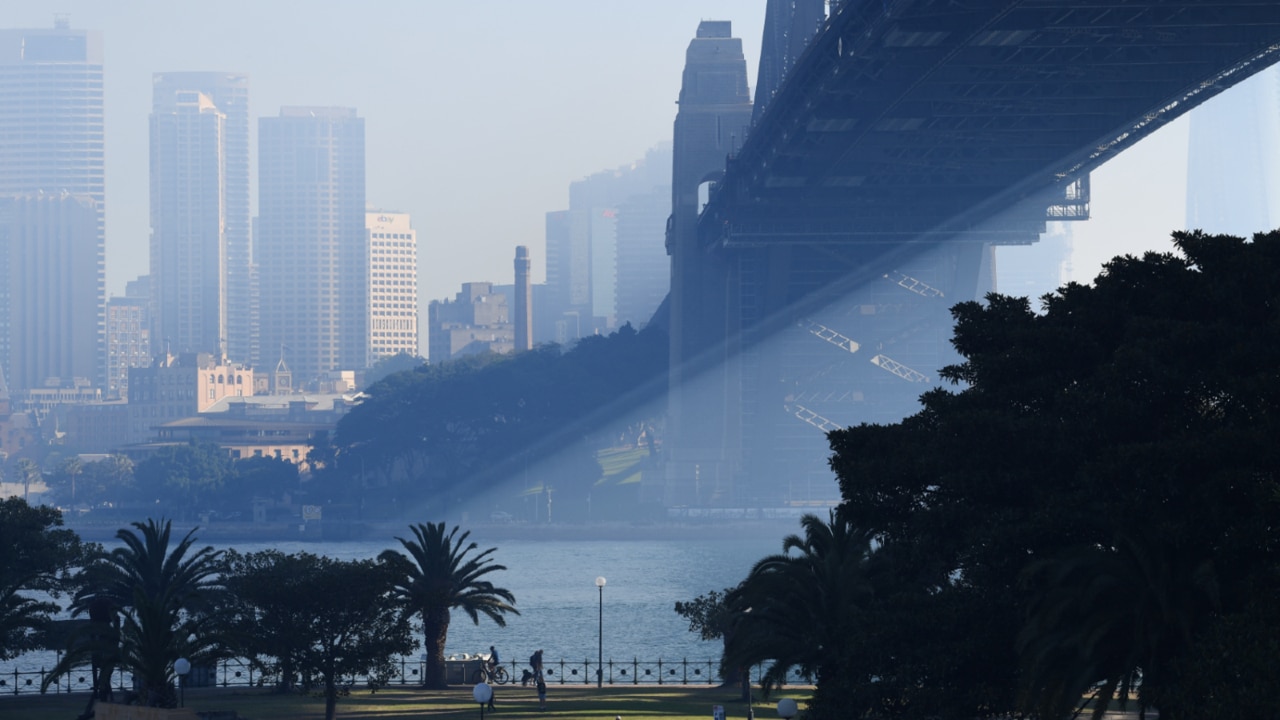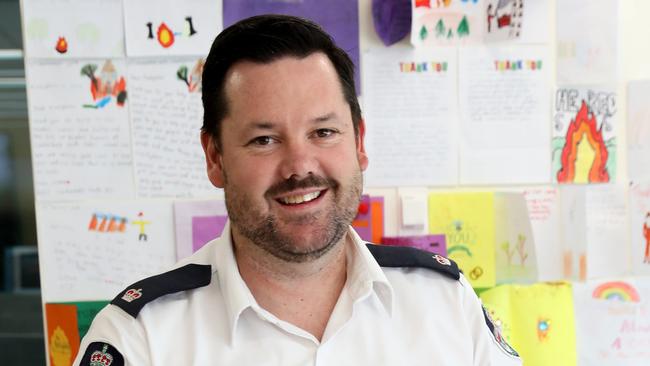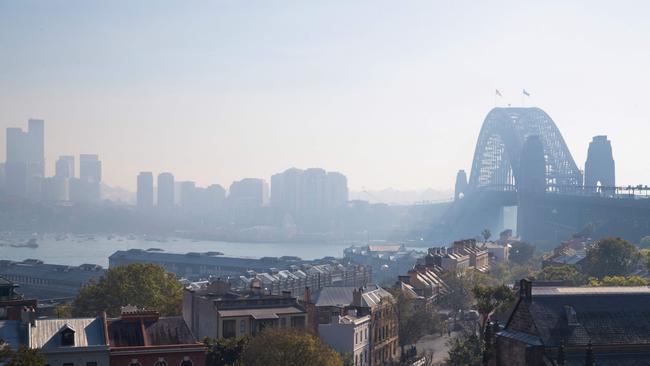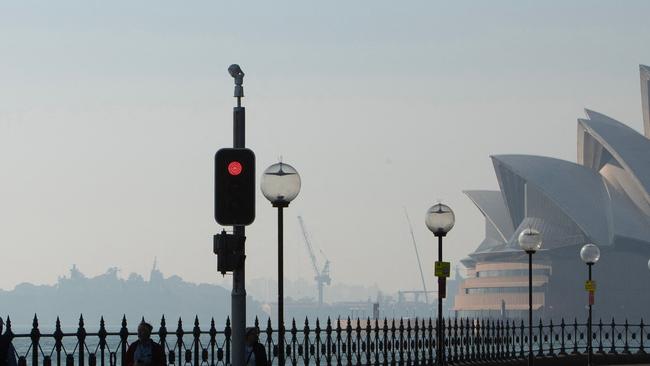Rural Fire Service: Several hazard reduction burns linger of Sydney clouds ahead of bushfire season
Emergency services have warned residents to brace for more smoke haze blanketing Sydney – and crippling air quality – as volunteer fireys battle to reduce the threat of the upcoming fire season.

Dubbo News
Don't miss out on the headlines from Dubbo News. Followed categories will be added to My News.
Sydneysiders are being warned to brace for more crippling air quality and smoke haze blanketing Greater Sydney for atleast another two days, as firefighters battle to reduce fuel to prevent another Black Summer bushfire season.
Smoke haze is expected to lift across Sydney in time for the Sydney Marathon – which will take place from 5.30am on Sunday.
Hundreds of volunteer Rural Fire Service firefighters have teamed up with other emergency services to manage as many as 82 current burns in Sydney and across the state, including Wagga Wagga, Port Stephens and Dubbo, for what is predicted to be a high-risk bush fire season.
RFS inspector Ben Shepherd told The Daily Telegraph services are doing “everything” they can do to prepare for the season ahead of time.

He said there have been over a dozen hazard reduction burns in Sydney and its outer skirts over the past week, with various burns currently in place.
“That has been able to treat thousands of hectares and it has provided protection to thousands of homes and people - it’s important we get this done now because if we leave it even until next week, we might see some fire risk,” Mr Shepherd said.

“Each afternoon and evening we’ll see it start to settle again and we could see similar levels over the next two mornings before it starts to dissipate on Friday and Saturday when there is an increase in winds.”
He urges the community that this weekend is the RFS’s annual Get Ready Weekend, where homeowners and landholders are encouraged to start thinking of their level of preparation for the upcoming season.

“The big difference is we are moving out of a La Nina event to what is expected to be a dry and potentially warmer spring into summer,” he said.
“We want people to shift their focus back on fires instead of floods because fires are going to return to NSW this season.”



